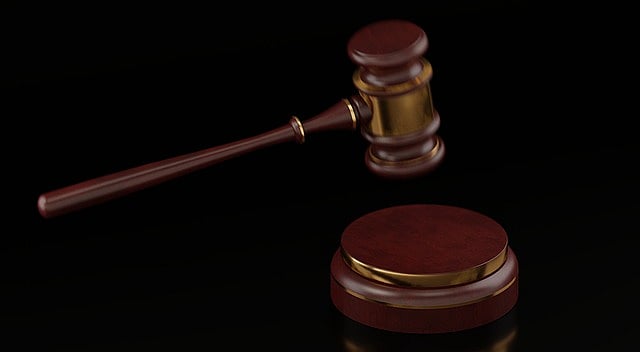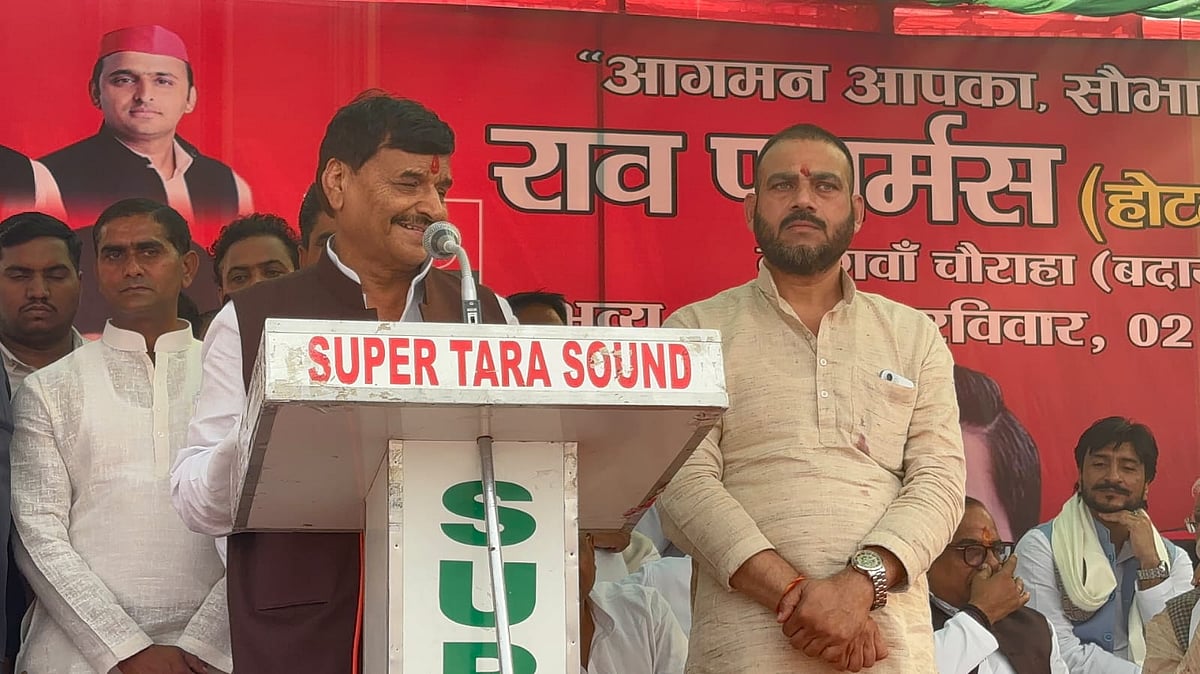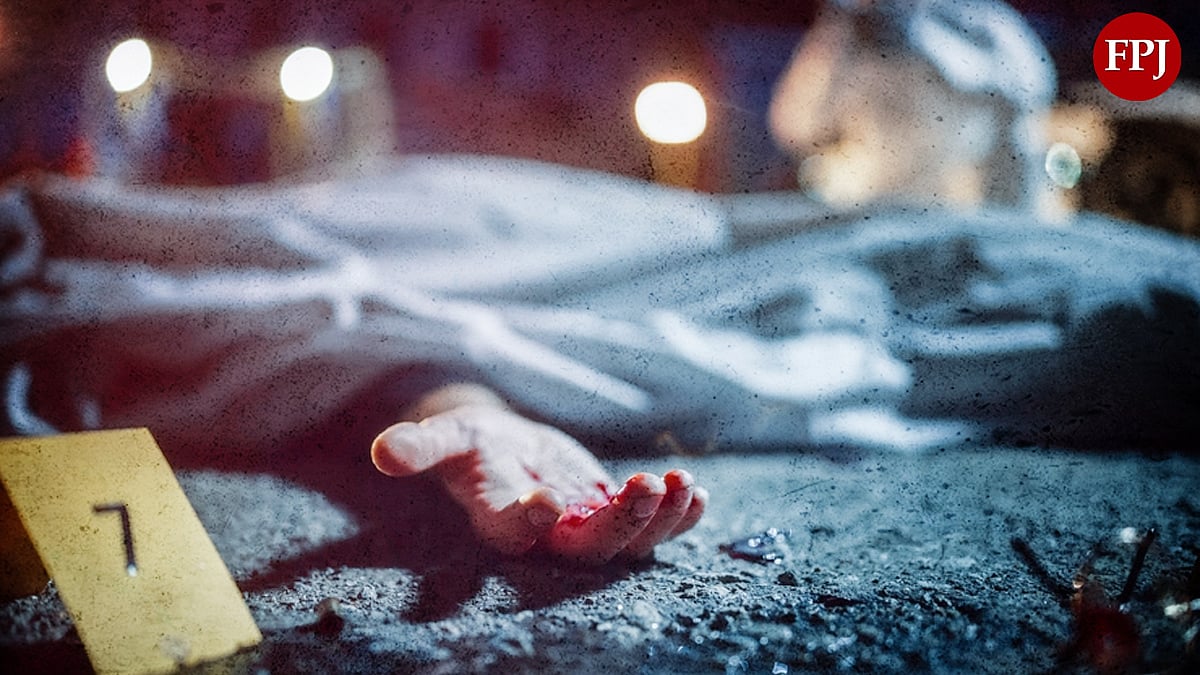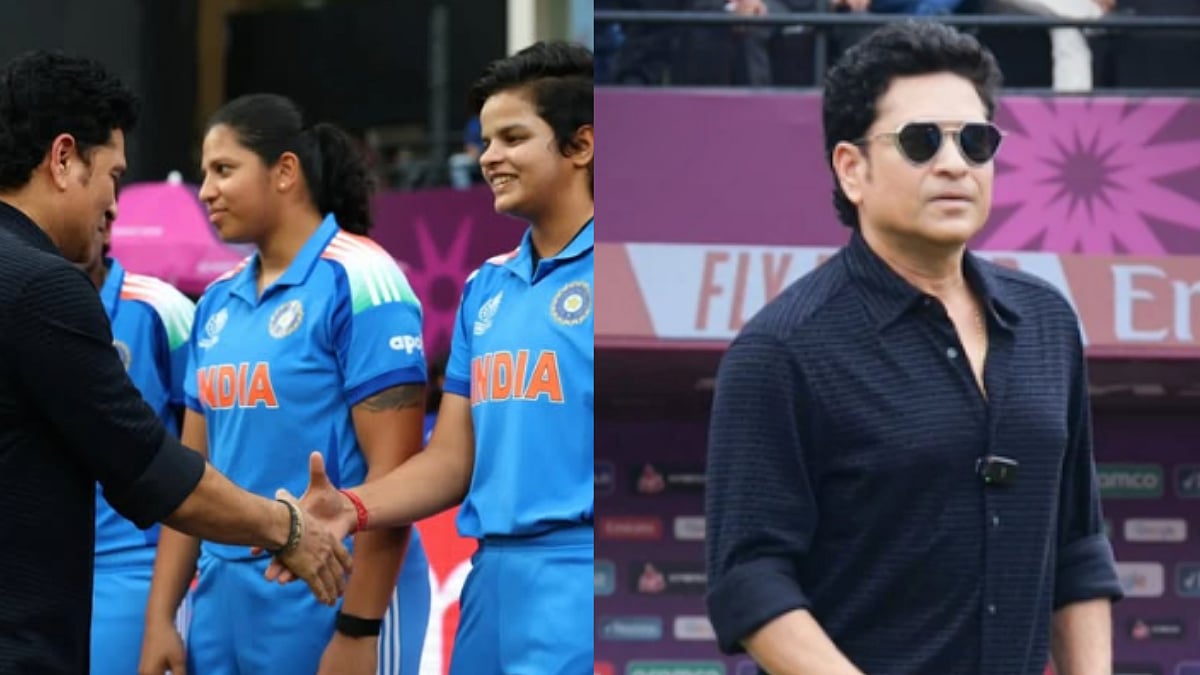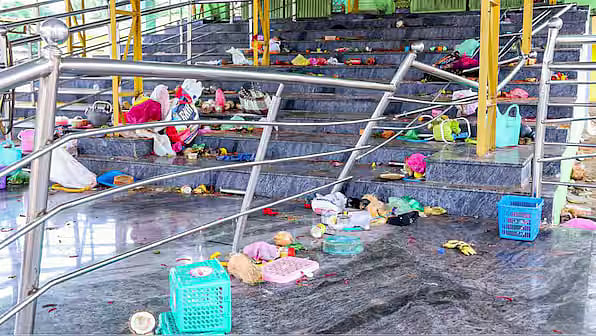The recent comments made by the Honourable Supreme Court of India, on the issue of granting remand mechanically and not allowing bail by the lower judiciary without applying the judicial mind and looking at whether the prima facie case was made out or not, is quite an earnest issue and the Supreme Court has shown very serious concern regarding that.
In the last few years it has been noted that the lower judiciary, despite having a case of merit, has not been granting bail to the accused, blindly believing whatever the prosecution and police say, and immediately grants remand to the investigation agencies on their first application in a mechanical way. In many cases it has been observed that even high courts are reluctant and avoiding the power of granting bail, and the petitioner or accused ultimately has to approach the Supreme Court of India for the bail which he or she deserves to get from the magistrate court of the first instance.
It is highly unfortunate that the magistrate courts or the district courts are not enforcing the golden rule of criminal jurisprudence that “Bail is the rule and jail is the exception”. The very latest comments made by the Supreme Court bench headed by Justice Sanjay Kishan Kaul has disappointedly stated that such magistrates (who are not granting bail despite merit) need to go back to the academies for basic training and updation of their skills.
However, in my humble opinion, it is the police including many senior IPS officers who in reality need to get basic training and teaching of the Criminal Procedure Code (CrPC) with immediate effect, as they are the one who violate the provisions of the CrPC and the guidelines given in latest judgments by the Supreme Court. The very recent and strange arrest of politician Pawan Khera from an aircraft ready to take off is a prime example. It was the Supreme Court which stayed his arrest immediately and issued the notice to the police over such an arrest.
There are many other cases in which the police violate the Supreme Court's settled laws and then the lower judiciary completely detaches itself from granting the bail despite having full merits for it, and allows the police remand instead of letting the accused go. The news-making cases of Kerala's journalist Siddique Kappan, fact-checker journalist Mohammed Zubair's case, social activist Teesta Setalvad's case, the case of Khushi Dubey (gangster Vikas Dubey's reference) or last year's case of film actor Shahrukh Khan's son Aryan Khan's illogical arrest and denial of bail are a few of the highlighted cases in which either bail was directly granted by the Supreme Court, or it was granted by the lower court after the strict interference by the apex court.
Most recently, the Supreme Court Bench headed by Justice Sanjay Kishan Kaul along with Justice Aravind Kumar expressed their disapproval and disappointment towards the trial courts’ working, as trial courts are repeatedly disallowing and dismissing bail applications in bulk despite their having merits, and the bench has commented that such dismissals are in contradiction with the Supreme Court's past orders on the subject, that includes the latest judgment of Satender Kumar Antil vs Central Bureau of Investigation 2022.
The Bench particularly remarked, “It does appear to us that despite various orders passed by the court either the trial courts are not appreciating the ambit of the orders of this (Supreme) Court or for best reasons consider it appropriate to keep dismissing the applications for bail.”
The Supreme Court comes down heavily on the prosecutors too, for not highlighting the orders passed by it in such cases before the sessions courts and magistrate courts. In such an environment, it gives the police or other investigation agencies an edge over the settled laws and many politicians and influential people say that various governments are misusing the power of arresting and provisions like UAPA and NSA to settle scores with Opposition leaders and dissenting voices.
The final report submitted by the investigation agency in the case of Aryan Khan proves such allegations quite justified, as there was no iota of evidence found against Aryan Khan but he had to spend a long period in prison without having committed any crime.
In the very recent period of time it is the second time that the Supreme Court has come down heavily on the lower judiciary and the prosecutors as well, for non-compliance with the Supreme Court's directions on the issue of arrest and bail in the judgments of Satender Kumar Antil vs CBI 2022, and Arnesh Kumar vs State of Bihar 2014. The SC has also stated that the prosecutors and government lawyers are also duty bound to inform the lower judiciary about the correct position of the latest settled law related to bail and arrests.
It is highly unfortunate that a common man who cannot even afford to approach the high court has to perforce approach the Supreme Court for bail which he actually deserves to get from the magistrate court. Not everyone can afford the high-cost expenses of Supreme Court lawyers and litigation and spend their limited, hard-earned money in the Supreme Court which in actuality should have been stopped at the basic level of the judiciary.
The Supreme Court is already under the heavy burden of a backlog of thousands of highly important cases. No doubt the comments of the SC are apt and suitably correct, and the lower judiciary needs to get itself updated with the latest and the present position of law as given in the Satender Kumar Antil judgment, and follow the golden rule of criminal jurisprudence that bail is the rule and jail is the exception.
Ilin Saraswat is an advocate at the Supreme Court of India and goes by @IamAttorneyILIN on Twitter
